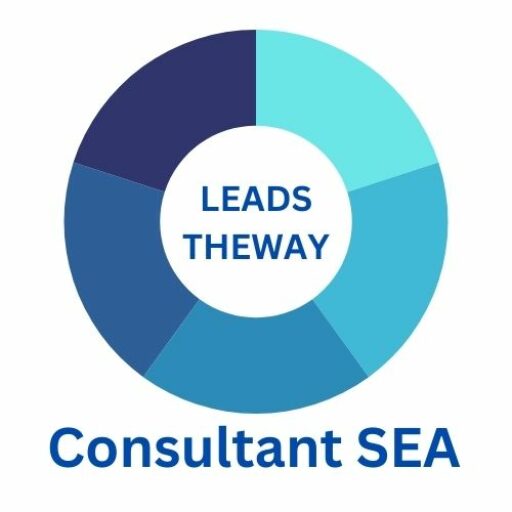Understanding Internet Advertising.
There is a wide choice of advertising solutions on the internet. The best known are often associated with visual pollution or moral harassment followed by constant tracking of your desires or your activities. The complexity of the digital environment creates a sense of mysticism there, reinforced by a constant production of articles on the idea that AIs and algorithms control your digital life. The truth, however, is much less glorious and much more simplistic.
Who are the actors?
There are different types of actors:
- advertising agencies
- Advertisers (a company or private entity)
- consultants or freelancers
- advertising networks (third party server)
What are the different types of online advertising?
Online there are mostly 3 main types of advertising.
- Direct advertising: an advertiser makes a visible advertisement directly to a potential customer
- Indirect advertising: the owner of a website allocates advertising space on its content and obtains a commission on the price of a click or a view, generally on youtube, or the display network. On Google the referral program is called AdSense
- Affiliation: often linked to cash back, or sites collecting promotional codes, affiliates thus recover a commission on the value of the sale.
Email prospecting campaigns work on different contact database acquisition processes, which I will not develop in this article.
What are the challenges facing an advertiser ?
Starting an advertising campaign on the internet, whether on search engines, or prospecting on related sites, is often considered by private advertisers as a gas plant, at high cost, and without any real understanding of the effects or desired goals. Whether it’s direct online conversion (an order), or a lead (subscription, call, download, quote), spending money with the idea of a direct or indirect return is a complex technical challenge without much projection of success.
How to understand the effects of an advertising campaign?
What does an advertising campaign bring before any commercial stakes?
- A contribution of traffic (visit / session).
- The creation of a visitor list with their associated profile. (user)
- Creating a list of users similar to your audience.
A large part of advertisers are unaware of this second addition to the traffic brought to their website, whereas it is a basic function of marketing for the creation of an audience that can be targeted afterwards.
Always more automations without control
It is obvious among all SEA managers that Google is increasingly forcing the use of automated campaigns, keyword targeting, manual campaign settings are increasingly pushed into advanced options. Over the past 5 years, Google, Microsoft, Amazon have believed in everything digital, formally through the connected use of all devices in homes. We will talk in particular about the “Home assistant” which has pushed advertising platforms to search for longer keywords in sentences.
This policy is widely considered a failure, with departments on these units in deficit in the GAFA with real financial consequences Example article.
We notice in recent weeks, a focus of publications on the benefits and advancement of AI, which are often confused with algorithms. As often, these are announcement effects to assimilate the technology to the general public even before its development.
At Google, for example, it should be noted that there suddenly exists in Google Ad a type of campaign for AI powered ads… The rapid response to a request from the tech giants for people who do not wish to complicate the task of a tool complex.
